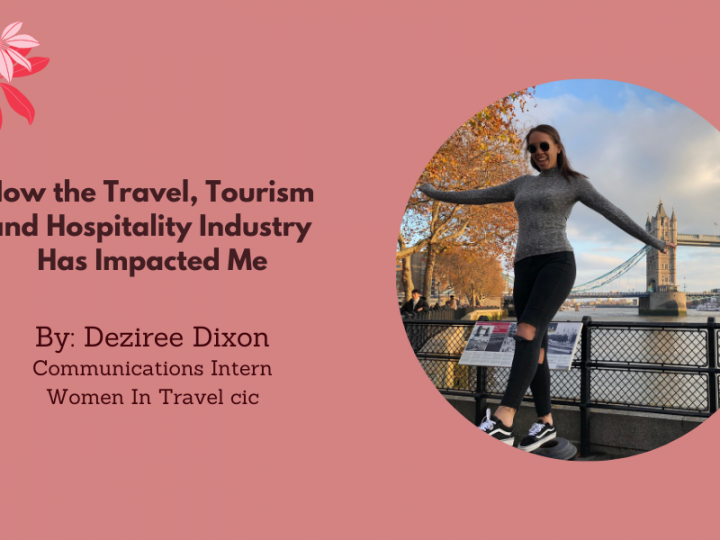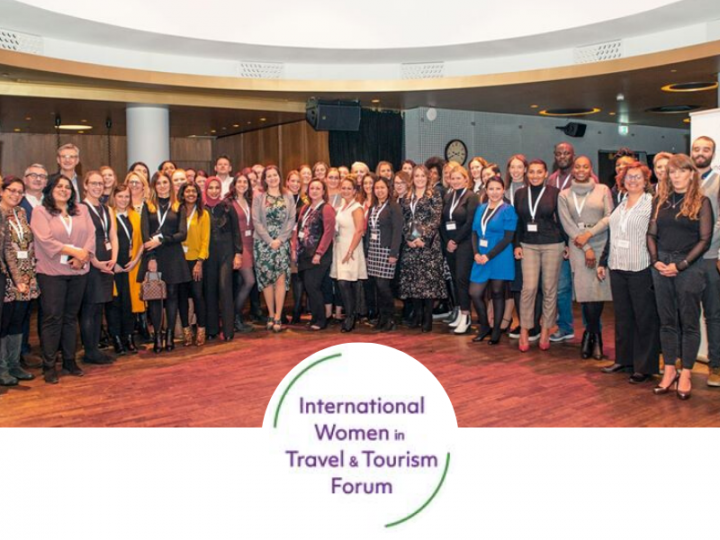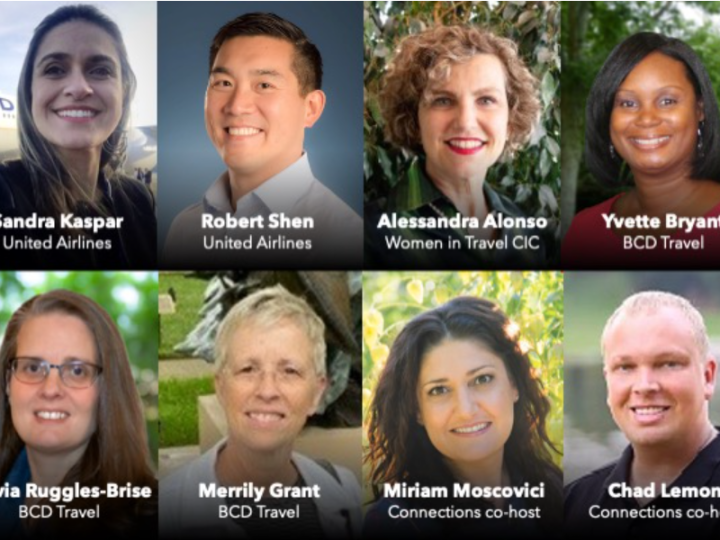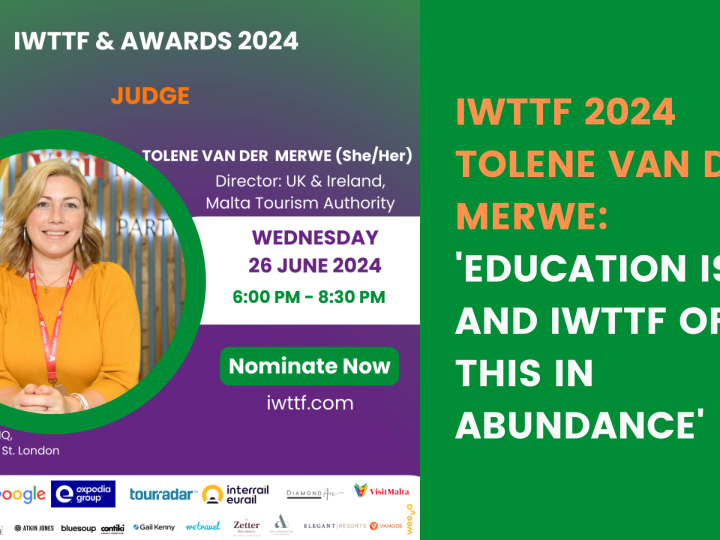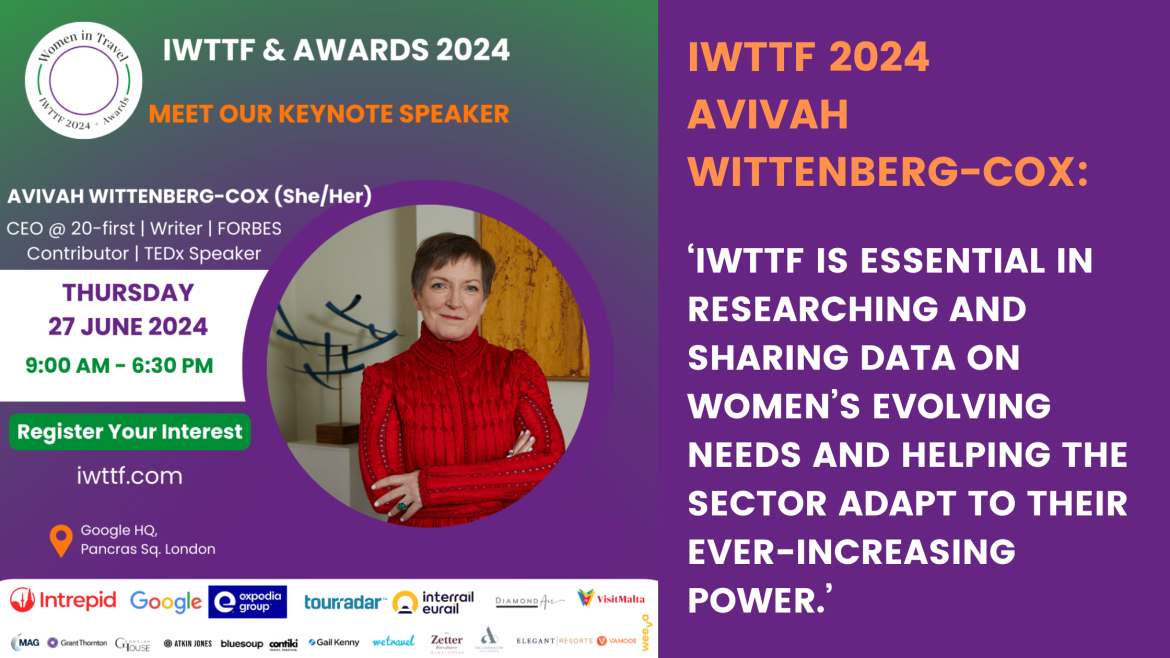
Avivah Wittenberg-Cox (@avivahwittenbergcox) is our distinguished Keynote Speaker for the upcoming IWTTF Forum 2024.
With an illustrious career dedicated to fostering generational and gender balance, Avivah Wittenberg-Cox stands as a beacon of insight and inspiration. A luminary in her field, Avivah is a seasoned CEO, prolific writer, captivating speaker, and trusted consultant, renowned globally for her expertise in 21st-century leadership, gender equality, and the future of work.
As a regular contributor to esteemed publications like Forbes and the Harvard Business Review, Avivah has shared her profound wisdom with audiences worldwide. Her TED Conferences appearances have sparked thought-provoking discussions, while her counsel has guided CEOs and leadership teams across 40+ countries, empowering them to embrace diversity, longevity, and cultural evolution.
Avivah’s impact transcends borders, as she champions inclusivity and innovation in every endeavour. Her remarkable journey includes being a Fellow of Harvard’s Advanced Leadership Initiative and a recent inductee into the esteemed Thinkers 50 Hall of Fame. Avivah’s commitment to shaping a more equitable future is evident in her role as an Ambassador for the Global Peter Drucker Forum and the Stanford Center on Longevity, among other prestigious affiliations.
But perhaps most importantly, Avivah embodies the essence of our forum’s mission. We asked her why our event matters to her and what she considers important for travel companies and the future of the industry.
WIT: Why do you think IWTTF is an important event for the travel and tourism industry?
Avivah: The role, influence and power of women in many sectors have been growing for decades. But perhaps no sector is more influenced by women’s preferences and choices than the travel and tourism industry. Research shows women make up to 85% of travel and tourism decisions and plans. But how much of the sector and its marketing is aimed at their priorities and preferences? The fact that there are zero female CEOs or Chairs of top hotel groups, and low gender balance in senior leadership indicates a sector that hasn’t yet adapted to who its majority audience is. This has an impact on other trends, including a better segmentation and understanding of the new Q3 consumer, the high-purchasing power women between 50 and 75, who are time affluent, well travelled and put in an increasing number of love miles. I think IWTTF is essential in researching and sharing data on women’s evolving needs and helping the sector adapt to their ever-increasing power.
WIT: If people take one thing away from your keynote, what would you like it to be?
Avivah: The emergence of the new Q3 consumer. As lives get longer, countries are ageing and reshaping demographically. Older women are becoming a force to be integrated into the sector’s strategies. Understanding what Q3 women want will be a key competitive edge that very few companies, run mostly by men, have begun to tap into. The marketing focus has long leaned toward the young, but the fastest growing market, with most of the disposable income, is the increasingly healthy, active, engaged and time-influenced older.
WIT: What do you enjoy about travelling?
Avivah: I enjoy living and working in different countries and cultures. I’m not a big tourist, so I like to feel at home when I travel. I hate conformity, and sameness across international borders. The rise of house swapping, AirBnB, and sharing economies generally means I can usually stay in someone’s home, sometimes with their pets! My favourite form of travel is pretending – for a week or a few months – that I live in a different place and life. It seems to multiply and densify my own life.
WIT: What matters to you when travelling? Is there anything that you would like travel companies to be more mindful of?
Avivah: The rise of digital and remote work means that people may not be ’travelling’. They may just be moving and staying. I’d love to see travel companies increasingly cognisant of an appetite for women’s health, mobile working and community integration. For example, wouldn’t it be wonderful if travel included optional dinner foursomes for single and business travellers? You check into a hotel and a social engagement at the same time. Rather than eating alone in a hotel restaurant, you get to meet other travellers or people from the local community. A dream of intercultural communication!
Women in Travel CIC

